Have you ever heard dialect in Japanese? If you visit the area outside of Tokyo or watch local TV shows, you will encounter the local dialect of the area.
You have to realize that not everyone speaks the Japanese you were taught in school! The strongest dialect in Japan is the “Kansai [Osaka] dialect”, spoken by over 20 million people in the Kansai area of western Japan, including major cities such as Osaka, Kyoto and Kobe.
And.. you may be shocked to see the differences in pitch, intonation, and even grammar between these two language varieties, and you may wish you had at least studied the characteristics of the dialect as preparation. Not to worry! This will definitely help you.
In addition, please read our very comprehensive discussion on learning Japanese below:
Read also:
The Most Valuable Things to Know about “Wakaranai (分からない)”
15 Great Ways to Say Thank You in Japanese
How are You in Japanese
Contents
“Standard Japanese” VS “Kansai Dialect”
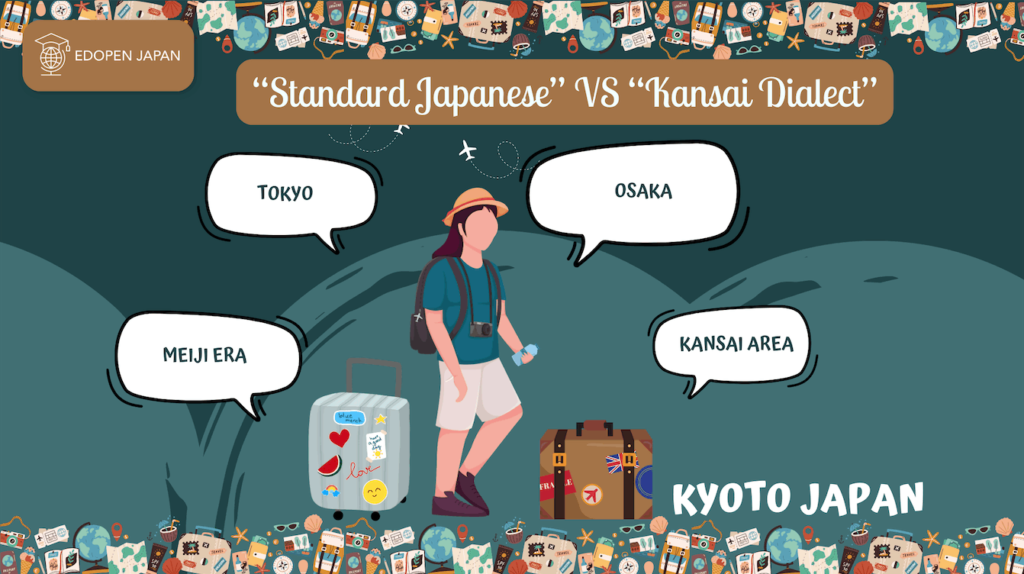
Japanese taught as a foreign language is what we call “standard Japanese. Descriptively speaking, Standard Japanese is the variety used in the Tokyo area.
The original “Standard Japanese” was largely the product of political considerations during the last half of the Meiji era (1868-1912) under the “Genbun itchi” (unification of the spoken and written language) movement.
“Standard Japanese,” based on the Tokyo area dialect, has gained power since the Meiji government made it the national language and began standardizing language instruction in schools.
However, Japan is a small island country, yet people from different regions of the country still speak differently, and Kansai is the second most populous urban region in Japan after Kantō, with a population of about 20 million, so “Kansai dialect” is still the most widely spoken, known and influential non-standard Japanese dialect.
The idioms of the Kansai dialect are sometimes introduced into other dialects and even into standard Japanese. Many Kansai people are attached to their own language and have a strong regional rivalry with Tokyo. Since the Taishō period, the manzai form of Japanese comedy has been developed in Osaka, and a large number of Osaka-based comedians have appeared in the Japanese media using the “Kansai dialect”.
What is the “Kansai Dialect [Kansai-ben]”
![What is the “Kansai Dialect [Kansai-ben]" - EDOPEN Japan](https://global.japanese-bank.com/wp-content/uploads/2023/06/93_11zon-1024x576.png)
“Kansai-ben” refers to a group of dialects spoken in the Kansai region. However, in popular usage, the term most commonly refers to the dialect spoken in Osaka, the largest city in Kansai, which is why it is also called “Osaka-ben”.
The Kinki region consists of the two main prefectures of southern Honshu [本州], Osaka-fu [大阪府] and Kyoto-fu [京都府], and the five prefectures of Hyogo-ken [兵庫県], Mie-ken [三重県], Nara-ken [奈良県], Shiga-ken [滋賀県], and Wakayama-ken [和歌山県].
While Kinki and Kansai are basically synonymous words, the word Kansai [関西] is usually used to refer to the ‘triangle’ region Osaka, Kyoto and Kobe [神戸]. The “Kansai Dialect” in Japan is a “Powerful” dialect historically and culturally, spoken by dozens of millions of people who live or used to live in the Kansai area, including major cities such as Osaka and Kyoto.
The Kansai dialect is believed to symbolize the strong local identity of the people within the Kansai domestic culture. They are proud to be Kansai people and Kansai local culture. In fact, my mother is also from Osaka, so she always speaks “Kansai dialect” and is proud of herself even though she lives in Yokohama.
Typical Phrases of “Kansai Dialect”
Introduction to the words and phrases unique to Kansai. The general and detailed intonations are different in each dialect, but can be used immediately when visiting Kyoto or Osaka. Introducing a typical Kansai dialect!
First, we would like to introduce you to the basic Kansai dialect that is often used in the daily conversations of Kansai people.
If you remember the “Kansai dialect” introduced here, it will be easier for you to travel to the Kansai area. Let’s talk to the locals using the following.
(1) “Kansai dialect” for beginner
Please take a look at the following table to find vocabulary and very common phrases that may be useful to you when visiting the Kansai area.
| Standard Japanese | Kansai Dialect | Meaning in English |
| 1. こんにちは(Konnichiwa) | まいど(Maido) | Hello!/Thank you |
| 2. ありがとう(Arigato) | おおきに(O-kini) | Thank you |
| 3. ほんと(Honto) | ほんま(Honma) | Really |
| 4. 良い(Yoi) | ええ(Ee) | Good |
| 5. ダメ(Dame) | あかん(Akan) | No |
| 6. そうだね(Soudane) | そ/せやで(So / Seyade) | I see |
| 7. すごい(Sugoi) | めっちゃ(Meccha)or ばり(Bari) | Amazing! |
| 8. むずかしい(Muzukashii) | むずい(Muzui) | Difficult |
| 9. 早く(Hayaku) | はよ(Hayo) | Hurry! |
| 10. ちがう(Chigau) | ちゃう(Chau) | Wrong |
| 11. なんで(Nande) | なんでやねん(Nandeyanen) | Why? |
| 12. さようなら(Sayounara) | さいなら(Sainara)ほな(Hona) | See you |
| 13. とても(Totemo) | めっちゃ(Meccha) | Very |
| 14. かまわない(Kamawanai) | かまへん(Kamahen) | No worry |
| 15. じゃあ行こうか(Jyaa Ikouka) | ほな いこか(Hona Ikoka) | Let’s go |
| 16. しかたない(Shikatanai) | しゃあない(Sha-nai) | Can’t be helped |
| 17. わたし (Watashi) | うち(Uchi) | I |
| 18. あなた(Anata) | あんた(Anta) | You |
| 19. おもしろい(Omoshiroi) | おもろい(Omoroi) | Interesting |
| 20. どうしよう(Doushiyou) | どないしよう(Donaishiyou) | What should I do? |
| 21. そうだよ(Soudayo) | せやねん(Seyanen) | Yes |
| 22. できない(Dekinai) | でけへん(Dekehen) | I can not do |
| 23. このあいだ(Konoaida) | こないだ(Konaida) | The other day |
(2) “Kansai Dialect” for Advanced-Learners
In the following table, please take a look at the advanced vocabulary that you might hear when interacting with the native Kansai person. Learning these phrases would enrich your knowledge and culture of Japan.
| Standard Japanese | Kansai Dialect | Meaning in English |
| 1. あたたかい (Atatakai) | ぬくい(Nukui) | Warm |
| 2. かたづける(Katazukeru) | なおす(Naosu) | Tide up |
| 3. 変な(Henna) | けったいな(Kettaina) | Wired |
| 4. つきあたり(Tsukiatari) | どんつき(Dontsuki) | At the corner |
| 5. すてる(Suteru) | ほかす(Hokasu) | Throw it away |
| 6. 新しい(Atarashii) | さら(Sara) | New |
| 7. せっかち(Sekkachi) | いらち(Irachi) | Hasty |
| 8. くすぐったい(Kusuguttai) | こそばい(Kosobai) | Tickles |
| 9. しらじらしい (Shirajirashii) | しんきくさい(Shinki kusai) | Gloomy |
(3) Let’s Use the “Kansai Dialect“
The following are examples of the sentences using the Kansai Dialect.
| Japanese Sentences | How to Read | Meaning in English |
| 1. めっちゃ、うまいわ This phrase is used when you eat delicious food and express your impression | Meccha umaiwa! | Taste very good! |
| 2. これなんぼですか? This phrase is used when asking the price | Kore nanbo desuka? | How much is it |
| 3. まけてーやー This phrase is used when you negotiate the price | Makete-ya | Please make it cheaper |
| 4. えっ?ちゃうちゃう In case when the food brought to the store was wrong | E..?Chau Chau | What? It’s wrong! It is not my ordered |
How to Use “Kansai Dialect” in a Sentence Properly?
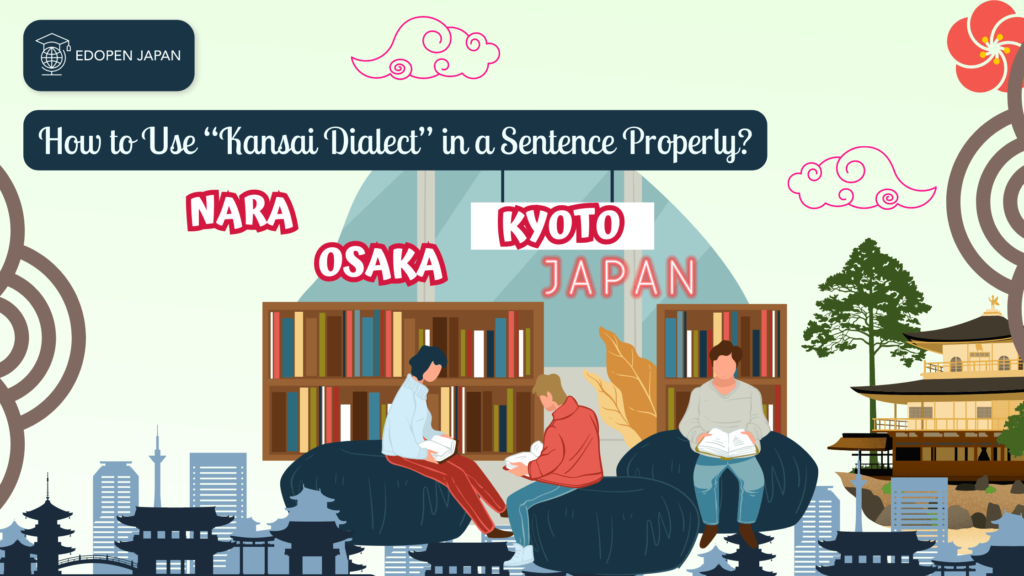
1. S sounds in standard Japanese tend to be replaced with H sounds.
Ikimasen (行きません) for “Will not go” become Ikimahen (行きまへん).
San (さん), usual polite name suffix become やまだHan (はん) Yamada-Han
2. The copula “Verb” is → Ya [や]
Da (だ) for copula “be” become Ya (や)
For example: それや!Sore-ya! This!
Dewanai / Jyanai (ではない/じゃない) for copula negation become Yanai (やない)
Example: それやない! Sore-yanai Not this!
3. Long vowel sounds at the end of words are often shortened
Souda (そうだ), “that’s how it is”, gets shortened to Soya (そや), or Seya (せや)
Ikou (行こう), “Let’s go”, gets shortened to Iko (行こ)
4. Nigation “N +Jyanai [じゃない]” became → “Chau [ちゃう]”
| Standard Japanese | Kansai Dialect |
| 1. 日本人じゃない Nihon-jin Jyanai | 日本人ちゃう Nihon-jin Chau |
| 2. しずかじゃない Shizuka Jyanai | しずかちゃう Shizuka Chau |
| 3. このパソコン、便利じゃない Kono-pasokon Benri Jyanai | このパソコン、便利ちゃう Kono-pasokon Benri Chau |
5. Nigation”V + Nai” [~ない] become → ”~Hen” [~へん]
| Standard Japanese | Kansai Dialect |
| 1. Tabenai [食べない] | Tabehen [食べへん] |
| 2. Nomanai [飲まない] | Nomahen [飲まへん] |
| 3. Agenai [あげない] | Agehen [あげへん] |
6. Others
| Standard Japanese | Kansai Dialect | Meaning in English |
| ~ne [~ね] | ~Na [~な] | |
| 1. あついね Atsuine | あついな Atsuina | Hot isn’t it? |
| 2. はじまるね Hajimarune | はじまるな Hajimaruna | It will start now |
| ~Yo [~よ] | ~De [~で] | |
| 3. よかったよ Yokattayo | よかったで Yokattade | It was good |
| 4. たべたよ Tabetayo | たべたで Tabetade | I ate |
| ~Dayone [~だよね] / ~Deshou [でしょう] | ~Yanka [~やん(か)] | |
| 5. うそだよね Usoda-yone | うそやん Uso-yan | Really? |
| 6. みたよね Mita-yone | みたやん Mita-yan | See, did you? |
| 7. ひまだけど Hima-dakedo | ひまやけど Hima-yakedo | I have time, but |
| 8. ひまだったら Hima-dattara | ひまやったら Hima-yattara | If you have a time |
| 9. きれいだし Kirei-dashi | きれいやし Kirei-yashi | Beautiful, so |
| 10. 明日でしょう Asu-deshou | 明日やろ Asu-yaro | Tomorrow right? |
| ~Teiru [~ている] | ~Teru [~てる(Both)] / ~Toru [とる(Men)] | |
| 11. 飲んでいる Nondeiru | 飲んどる Nondoru | N is drinking |
| 12. 見ていない Miteinai | 見てへん Mitehen | N is not looking |
| 13. 何しているの? Nani shiteiruno? | 何してんねん Nani shitennden? | What are you doing? |
Great Tips to Master Kansai Dialect You Need to Know!
In the Kansai area, “Aho [Stupid]” is proof that it is praised. Generally, the word “aho” [stupid] is known as the negative Japanese word used for bad words and slander. However, Kansai people, especially in Osaka, often use “Aho” as a compliment.
For example:
“Anta, Honma Aho-yana”
[You are so stupid]
This is a word that expresses a parental taint about the other person.
So if you are called “Aho” by the Kansai people, please do not get angry because you have become friends with the Kansai people. Please remember that. Also, it’s okay to say “Anta aho-yana” to a close Kansai person, but be careful because it’s frustrating to say “Baka. Let’s keep that in mind!
Summary
To conclude this article, let us review some of the points discussed above:
- “Kansai dialect” is the most famous and used dialect of Japanese for historical reasons.
- “Kansai dialect” is completely different from standard Japanese in pitch, intonation, and even grammar, yet so powerful and unique.
- It is better to learn basic “Kansai dialect” phrases if you go to Kansai area in Japan to communicate with local people.
- Sometimes “Kansai dialect” has a different meaning from standard Japanese, such as “Aho,” so keep that in mind when using it.

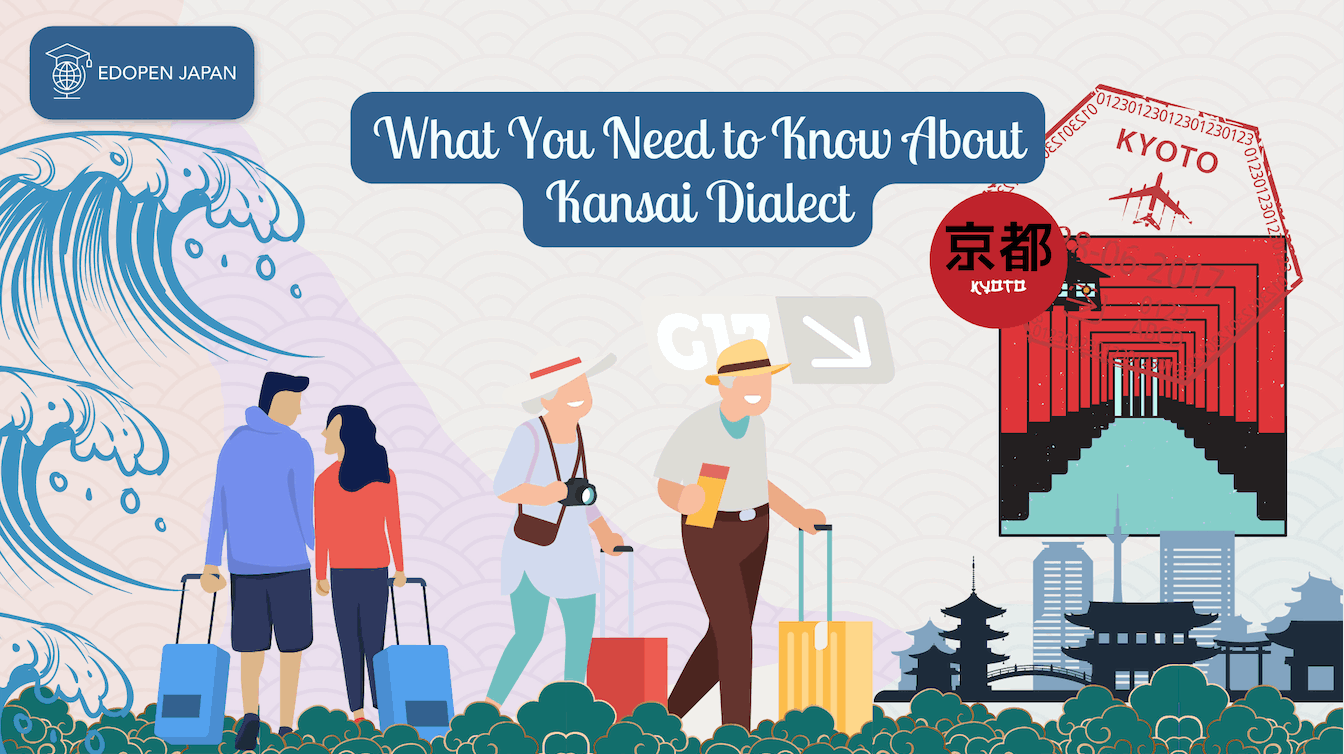



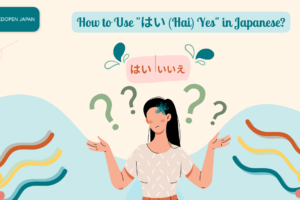
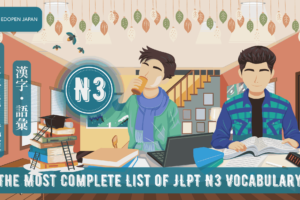
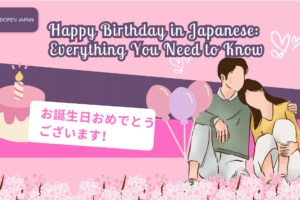

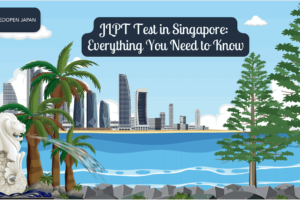



Leave a Reply